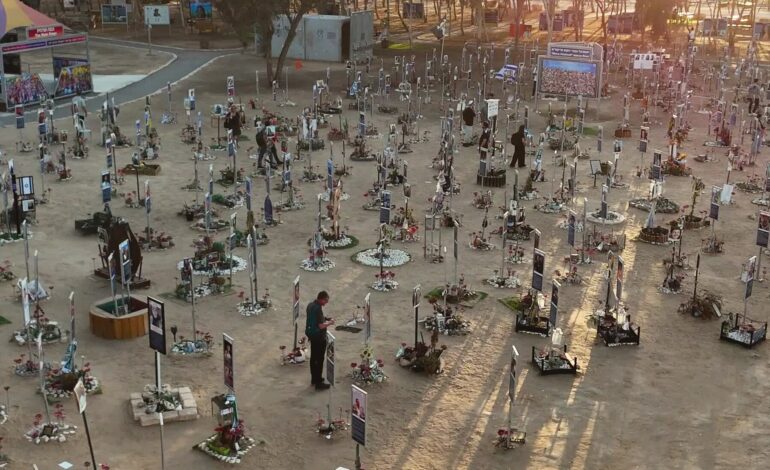Israel Faces Deepening Divisions and Isolation Amid Ongoing Conflict

The ongoing conflict in Gaza has intensified divisions within Israel, challenging national identity and international relations. Since the outbreak of hostilities on October 7, 2023, Israel has experienced a wave of social and political fragmentation as public opinion shifts and tensions rise.
The situation escalated dramatically with a large-scale attack by Hamas, which resulted in significant casualties and destruction. According to the Israeli Defense Forces (IDF), over 1,400 Israelis have been killed, while the toll in Gaza has reached more than 20,000 lives lost, according to various humanitarian organizations. The war has exposed deep-rooted issues within Israeli society, including differing views on security, governance, and the future of the Israeli-Palestinian relationship.
Internal Discontent and Political Challenges
The conflict has triggered widespread protests across Israel, revealing a fractured public sentiment. Citizens are increasingly vocal about their dissatisfaction with the government’s handling of the crisis. Many Israelis feel that the response to Hamas was not adequately prepared, leading to questions about the effectiveness of current leadership. The political landscape has become contentious, with opposition parties calling for accountability and a reevaluation of military strategies.
The Israeli government, led by Prime Minister Binyamin Netanyahu, faces pressure from both the right and left. While some citizens demand a hardline approach to eliminate threats from Gaza, others advocate for negotiations and a more diplomatic stance towards peace. This internal strife complicates Israel’s ability to present a united front on the international stage.
International Isolation and Diplomatic Fallout
As the conflict continues, Israel finds itself increasingly isolated in the global arena. The United Nations has condemned the violence, calling for immediate ceasefire talks. Various countries have expressed their concerns about the humanitarian situation, leading to growing criticism of Israel’s military actions in Gaza.
The recent tensions have strained Israel’s relationships with traditional allies, including the United States and European nations. Diplomats are cautioning against the long-term repercussions of military engagement and the potential for further destabilization in the region. As protests erupt globally in solidarity with the Palestinian cause, Israel’s image as a democratic state is under scrutiny.
Prominent figures, including Antonio Guterres, the Secretary-General of the United Nations, have called for urgent discussions to address the humanitarian crisis. The international community is urging both sides to engage in dialogue to prevent further escalation and work towards a sustainable peace.
The current conflict has not only redefined Israel’s perception of itself but also highlighted the fragile nature of its geopolitical standing. As the fighting persists, the path forward remains uncertain, with both immediate and long-term implications for the region.
In this critical juncture, the need for dialogue and resolution is more pressing than ever. The choices made today will shape the future of Israel and its relationship with the Palestinian people, as well as its standing in the international community.






